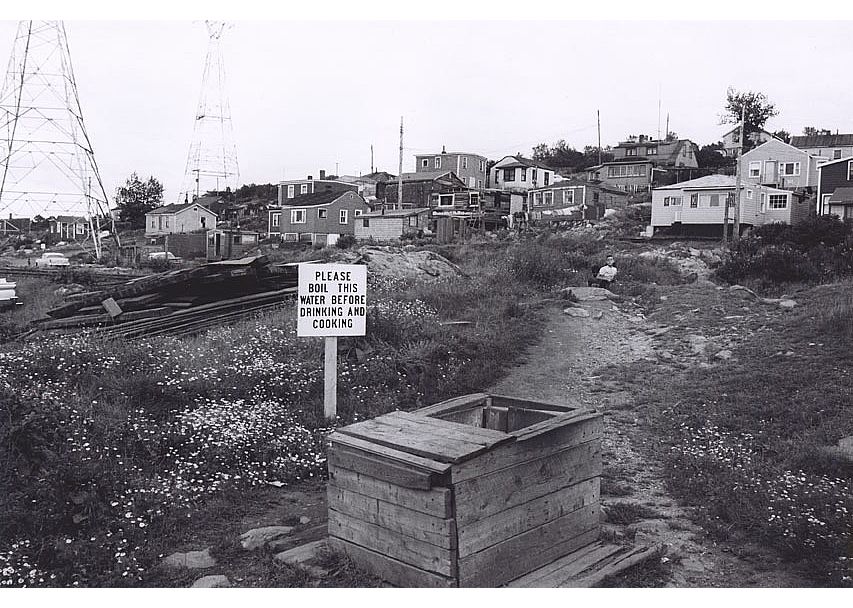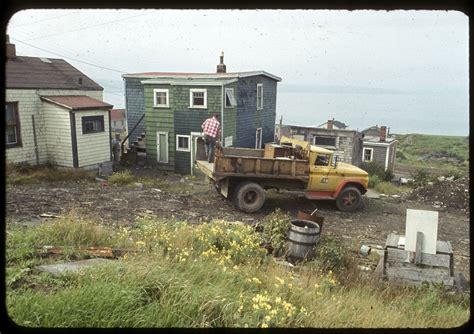By Jérémie A. Kathalay
Posted on June 28, 2022

Canada is one of the “melting pots” of the world because of the diversity that blooms in each region. Places around the world see Canada as a place of acceptance, where everyone thrives and achieves success. If one did not know any better, Canada may be considered the most perfect country on the planet. From apologizing too much to living in igloos, it seems Canada can do no wrong. Especially with its history. It is not a question of how long ago but rather how far it went. There is a belief that there is no longer a race issue and Canada has become a better place for all minorities. This belief could be due to a lack of education on race in this country as it is not taught in schools, or it could be something that the country wants to keep in the past. Either way, what remains in the dark seeks the light at some point.
Racism in Canada by Vic Satzewich explains that before the beginning of the American Civil War, Canada was the end point of the Underground Railroad. Runaway slaves would find themselves in the southern regions of Canada for safety and freedom. One of these places was in the southeastern region, Nova Scotia. The name may be familiar to many, though you may not be familiar with the community Black Canadians formed after being rejected by white Nova Scotians: Africville.

Many Black individuals already lived in this region, however, larger groups of Black settlers came to the province right after the American Revolution. Without any aid from the government, these settlers had no choice but to reside on the southside of Nova Scotia which was not favorable in any shape or form. Like any community however, coming together created a home in Africville. From building schools to stores and churches, the people made it a real community. In a story published by journalist Matthew McRae, a quote from one of the residents, Irvine Carvery, speaks on the environment of the town. He said, “You weren’t isolated at any time living in Africville, you always felt at home.”
However, Africville was not free from racism or segregation like in the United States. Despite being a place of sanctuary for many there, the racism and lack of essential needs were hefty hurdles for the people of Africville. There was no access to clean water or a proper sewage system. Yet, Africville residents continuously paid taxes, contributing to the region of Halifax, even though they never saw the benefits. The city made it clear that it had no intention of helping the people in the community, as they built around Africville. If it wasn’t enough to treat Africville residents like second-class citizens, more drastic measures were soon taken.

In the United States, there was a place in Tulsa, Oklahoma known as the Black Wall Street. Black Americans were the primary residents of Black Wall Street and the name suited it well. The town flourished and circulated enough profit to support many Black-owned businesses. It was known to have been the wealthiest place where Black people resided in the nation. Black Wall Street unfortunately was not here to stay.
On May 31, 1921, a mob of armed white aggressors came through the town, burning down every establishment in their way. A few deaths were recorded; however, the true number is likely in the hundreds. This was and is one of the deadliest attacks on American soil to date.
What does this have to do with Africville? Like in Tulsa, white people in Nova Scotia were threatened by a strong Black community. The city of Halifax made the decision that the people of Africville needed to be displaced and relocated. Some residents received payment for the relocation but only if they had proof of ownership. Without it, residents were given very little money to see themselves off. Intimidation was a tactic that was used as well, making it clear that the plan was to get rid of a thriving Black community in Canada. Africville was eventually destroyed in January 1970.
Whether it be the act of independence from the white savior complex mindset that brought upon the prejudice and racism towards the people of Africville, or just the fear of having Black people too close to white communities, Canada has a history of racism that is largely left out of textbooks. Acknowledging that it exists is the first step to understanding and rectifying these acts, and avoiding them from happening again.

